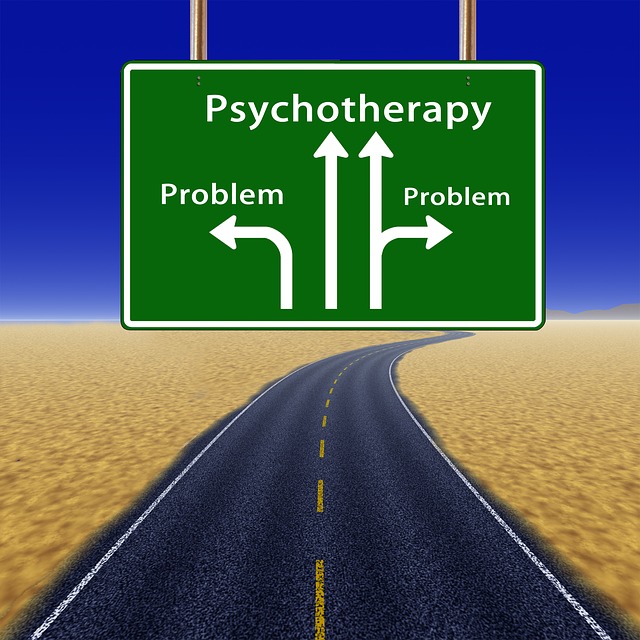I have gone the majority of my life without being diagnosed or treated for my mental illness. I saw my first of four psychiatrists back in 2007 when I was diagnosed with bipolar disorder. Since that time, I have learned more about mood disorders and the complexity of this mental illness. In 2007, I had no idea that my diagnosis would eventually be bipolar I with psychotic features.
Improperly Treated
Throughout the past twenty years, I have experienced the following symptoms: mania, depression, rapid cycling, mixed episodes, anxiety, hallucinations, delusions and paranoia all to varying degrees. These happen to be symptoms of bipolar I with psychotic features. The sad thing, no one listened to me until recently.
When I divulged to one of my psychiatrists I was hearing voices, the doctor brushed it off and explained it away that my ears were playing tricks on me. There was another episode when I was experiencing hallucinations in all senses. I was told that was abnormal and to get an MRI. When the MRI came back normal and the hallucinations continued, my psychiatrist chose to do nothing.
Personality Assessment Inventory
With all the reading I had done on-line and in books about bipolar, I discovered that there was a bipolar I and II. One of my psychiatrists thought I was cyclothymic and bipolar non-specified. I wanted a proper diagnosis based on all my symptoms.
I tried numerous times to discuss my diagnosis with my psychiatrist. He would usually brush me off. At one appointment, with persistence in my voice, I inquired again about my diagnosis. He said when I got stable, I could take the Personality Assessment Inventory.
The Personality Assessment Inventory is a clinical scale which provides critical diagnostic features of eleven important clinical constructs. These eleven scales can be divided into three broad classes: neurotic spectrum, psychotic spectrum, and behavior disorder or impulse control problems.
There are over 300 questions in this inventory and it is to be taken within an hour. There were questions about alcohol and drug use on the inventory. You will find questions about depression and anxiety. Also, there were questions that tested for psychotic features and impulsive behavior.
I never understood his insistence on stability. I did not want a diagnosis of me based on medicine controlled behavior — thus little to no symptoms. Several times as we made countless medicine adjustments, I would ask if I could take the PAI and he would say I was not stable enough. My frustration mounted.
I finally broke away from needing the approval of my psychiatrist for enough stability in order to gain permission to take the PAI. In the fall of 2015, I went to my psychologist and arranged to take the PAI before my next appointment.
Bipolar I with Psychotic Features
After the inventory was scored, my psychologist called me to conduct an interview over the phone to complete his review and analysis of the PAI. We discussed what some of my symptoms meant and how it calculated into the diagnosis. He continued the interview at my next appointment. When the report was completed, he emailed it to me. I was so glad to have a proper scientific tool to diagnose my mental illness.
Knowing Your Diagnosis
I believe it is extremely important to know your diagnosis. This will help the psychiatrist treat you better. Do you need a mood stabilizer or an anti-depressant? What about an anti-psychotic? For eight years, I had doctors trying to figure out what was the best drug cocktail for me. If they knew and acknowledged that I had bipolar I with psychotic features, I might not have had to try so many different medicines.
Treatment for Your Mental Illness
Having bipolar I with psychotic features as well as the other mental illnesses out there, can be difficult to treat. Here are some ideas to help you in your quest to know and understand your diagnosis.
- Take control of your health. Only you can communicate your needs.
- Do not hesitate to ask questions of your psychiatrist or therapist.
- Work with your health care providers. They are there to help you.
- Take the medicines as prescribed.
- Meet with a licensed psychologist on a regular schedule.
- Keep a mood journal.
- Go to a mental illness support group.
- Stay hydrated. Drink plenty of water.
- Get exercise.
- Get ample rest.
Below are some links to websites with information on bipolar I with psychotic features.
http://psychcentral.com/lib/bipolar-disorder-with-psychotic-features/
http://www.livestrong.com/article/127995-bipolar-disorder-psychotic-features/

